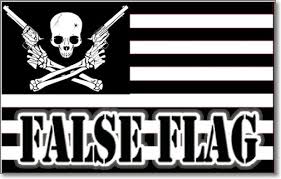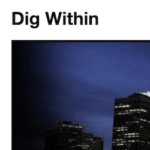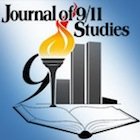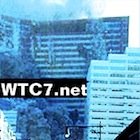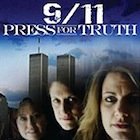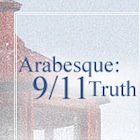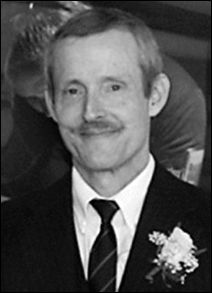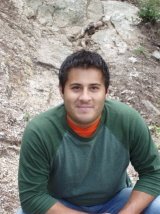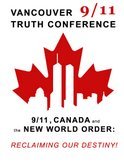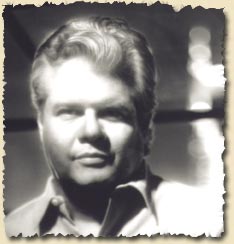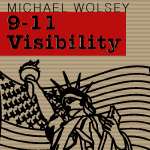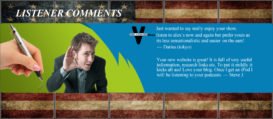source: Raw Story
The results alone don’t necessarily exonerate Ivins
by John Byrne
Poisonous anthrax that killed five Americans in the weeks after the Sept. 11, 2001 terror attacks doesn’t match bacteria from a flask linked to Bruce Ivins, the researcher who committed suicide after being implicated by the Federal Bureau of Investigation, a scientist said.
Spores used in the deadly mailings “share a chemical ‘fingerprint’ that is not found in the flask linked to Bruce Ivins,” Roberta Kwok wrote in Nature News, citing Joseph Michael, a scientist at the Sandia National Laboratories in Albuquerque, New Mexico.
Michael analyzed letters sent to the New York Post and offices of Senators Tom Daschle and Patrick Leahy, and found a distinct “chemical signature” not present in the flask known as RMR-1029, which Ivins could access in his laboratory at Fort Detrick, Maryland.
“Spores from two of those show a distinct chemical signature that includes silicon, oxygen, iron, and tin; the third letter had silicon, oxygen, iron and possibly also tin,” Kwok wrote. “Bacteria from Ivins’ RMR-1029 flask did not contain any of those four elements.”
The results don’t necessarily exonerate Ivins.
The mailed spores could have been removed from the flask and grown under different conditions, resulting in varying chemical contents, Jason Bannan, a microbiologist and forensic examiner at the FBI’s Chemical Biological Sciences Unit in Quantico, Virginia, told Kwok.
“It doesn’t surprise me that it would be different,” said Bannan.
The FBI has asked the National Academy of Science to perform an independent review of the anthrax investigation data. The two sides are working on a contract for the study.
Ivins, 62, a biodefense researcher who spent years searching for a better anthrax vaccine, overdosed on Tylenol and Codiene last year after learning that the FBI was preparing to indict him on murder charges.

